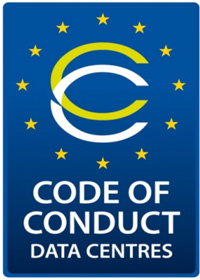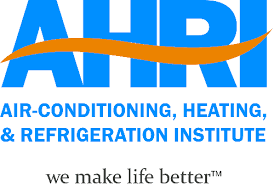USA gets tough on refrigerant leaks
USA – The American government is showing it means business by clamping down on refrigeration leaks and the people who are responsible for them. Recent evidence of this hardline stance was provided in the form of an Ohio native who has been sentenced to 54 months behind bars as well as landing a $29,000 fine as a result of leaking environmentally harmful refrigerants into the atmosphere. This is only one of several prosecutions that have been undertaken as part of the Clean Air act in the US.
The 48-year-old man from Ohio in the Northern United States stole air conditioners, so he could disassemble and resell the parts. Following his arrest in September 2015, the man was sentenced last Wednesday for theft and releasing harmful refrigerants in to the atmosphere.
While he was cutting the tubes, regulated refrigerants (HCFC’s) were released, which prompted the court to invoke the Clean Air Act.
These refrigerants are highly detrimental for the ozone layer and are potent greenhouse gases, and can hence cause harm to human health and the environment.
Under the Clean Air Act, it is illegal to consciously release HCFC into the air. Strict controls are in place when getting rid of harmful refrigerants.
Other successful prosecutions under the Clean Air act include a 35-year-old man, also in Ohio, who was sentenced, in June 2014, to 31 months in jail for stealing air conditioners and releasing the HCFC R22 into the atmosphere.
According to the documents at the Ohio Attorney’s office, it was the first federal case concerning illegal refrigerant leaks.
The Clean Air Act has been invoked in several cases across the US to prosecute those who are releasing harmful substances into our atmosphere.
Back in June this year, the US retailer Trader Joe’s had been fined $500.000 for failing to repair leaks of R22, as reported by R744.com. This was the third grocery store chain in the US that has appeared before the court in connection to this type of crime and fined for disposing HCFCs incorrectly.
Increasingly, it seems that the US government is taking the illegal release of banned refrigerants seriously. which in turn may create more incentives for the use of natural refrigerants.















